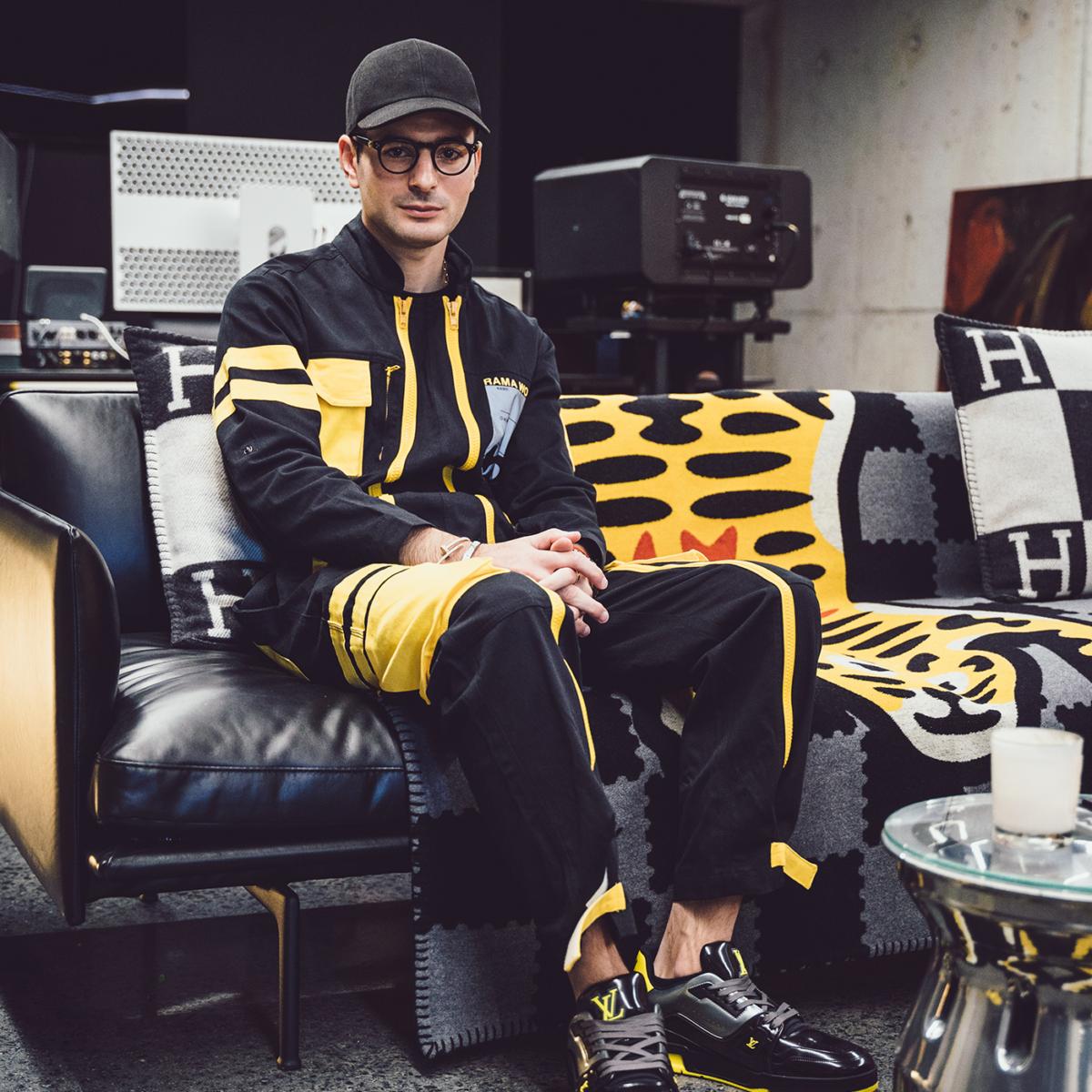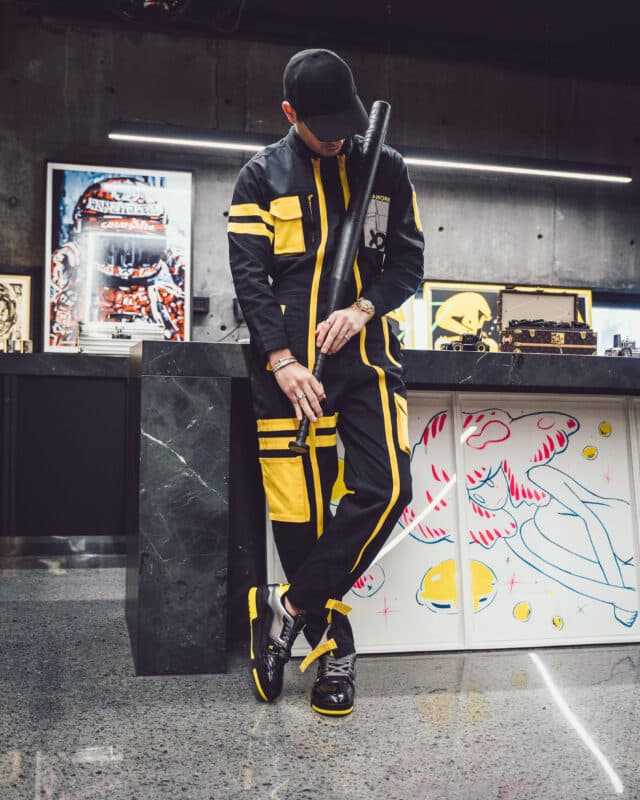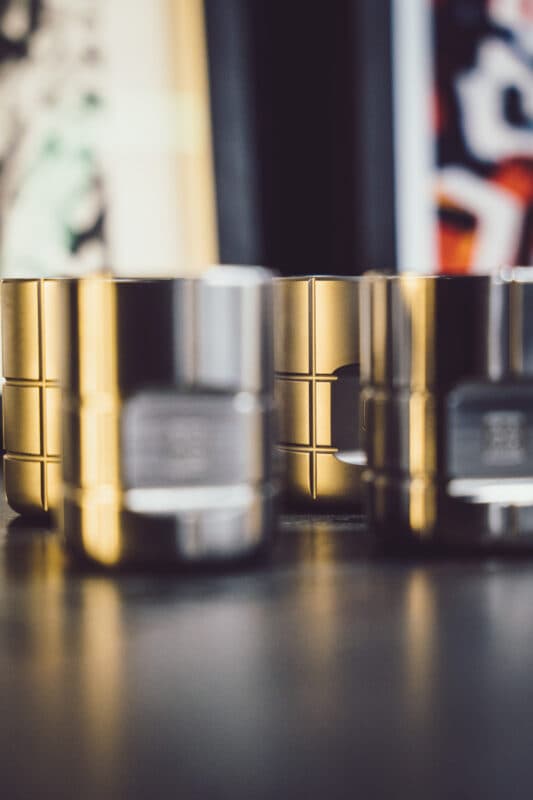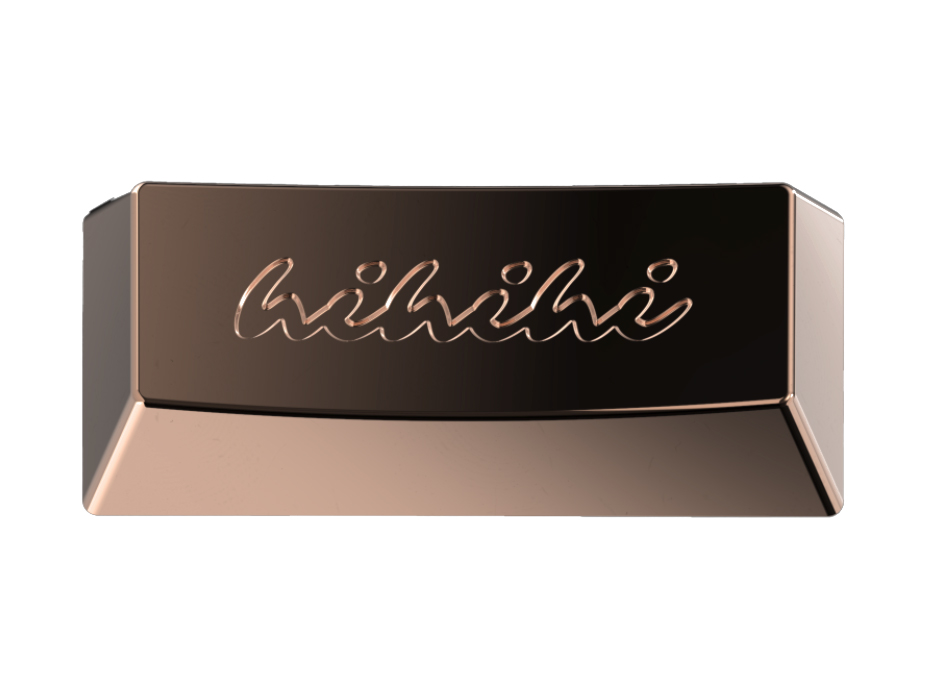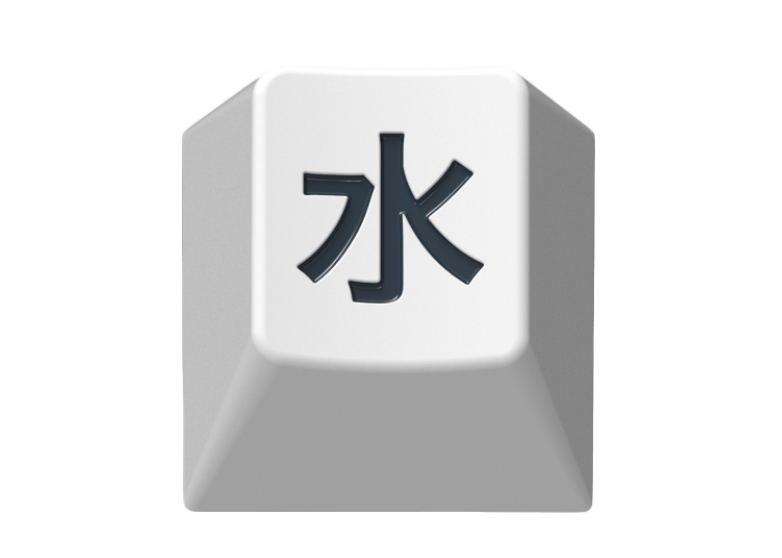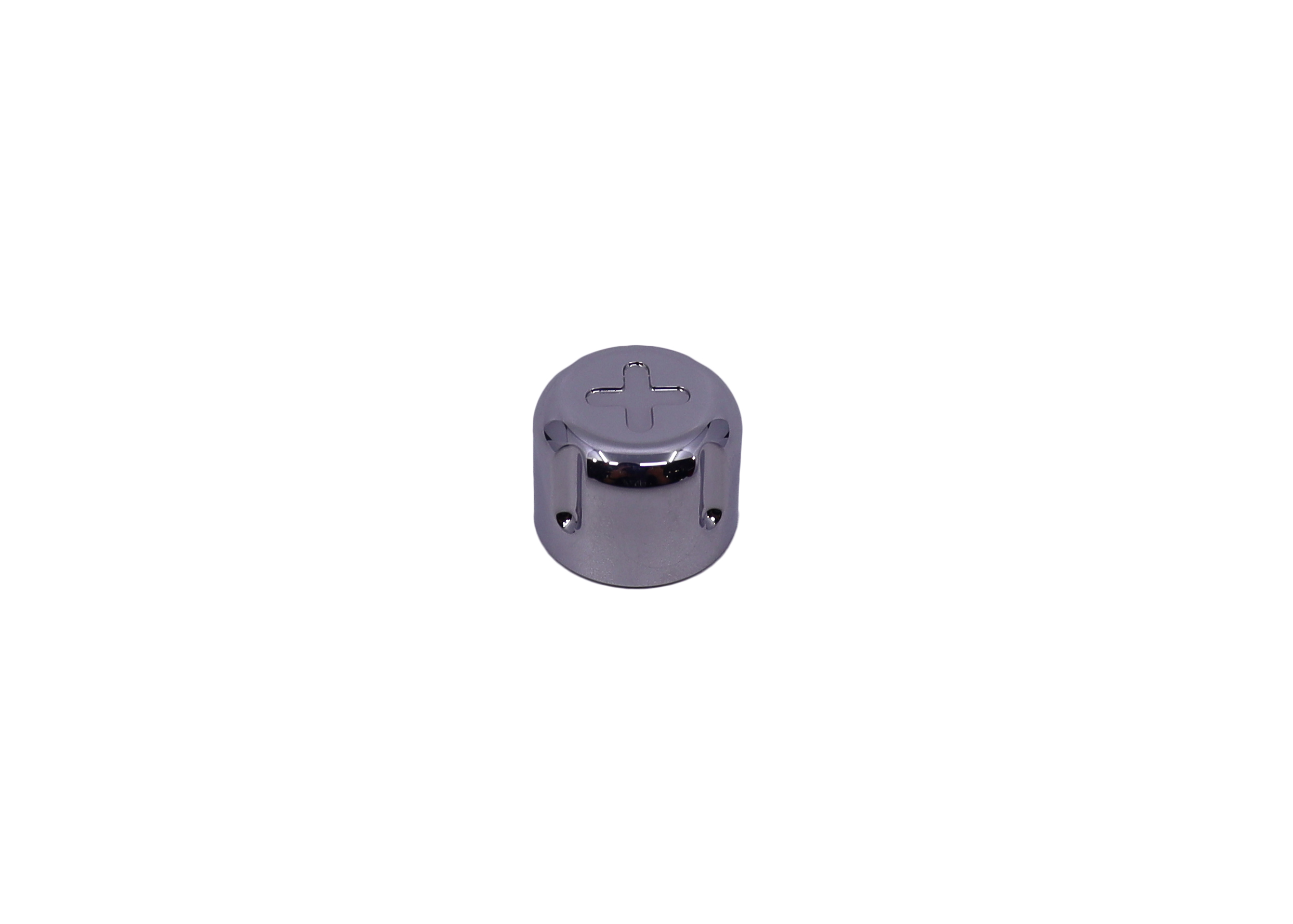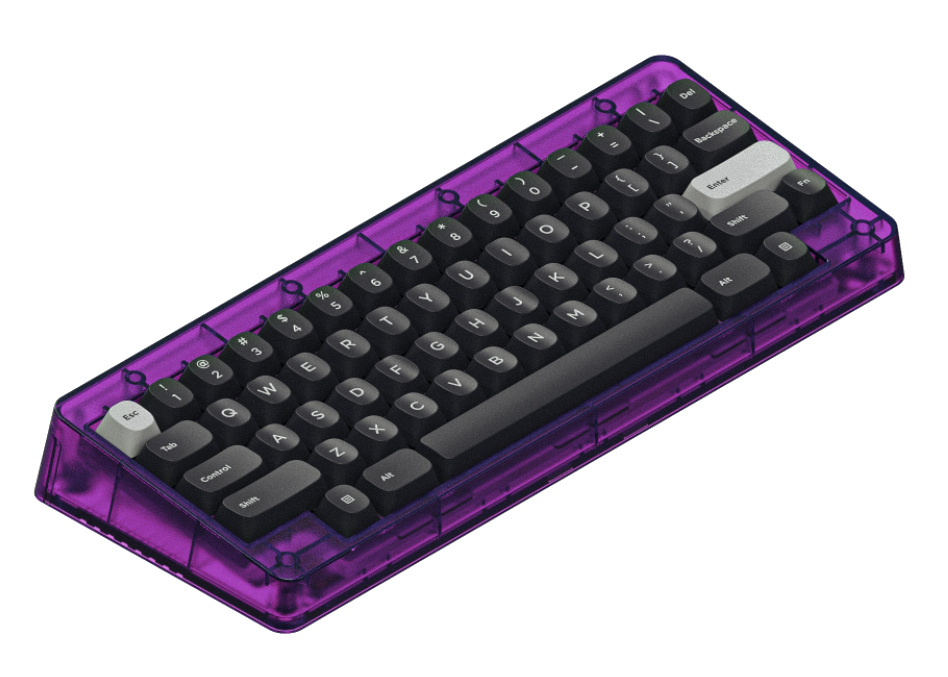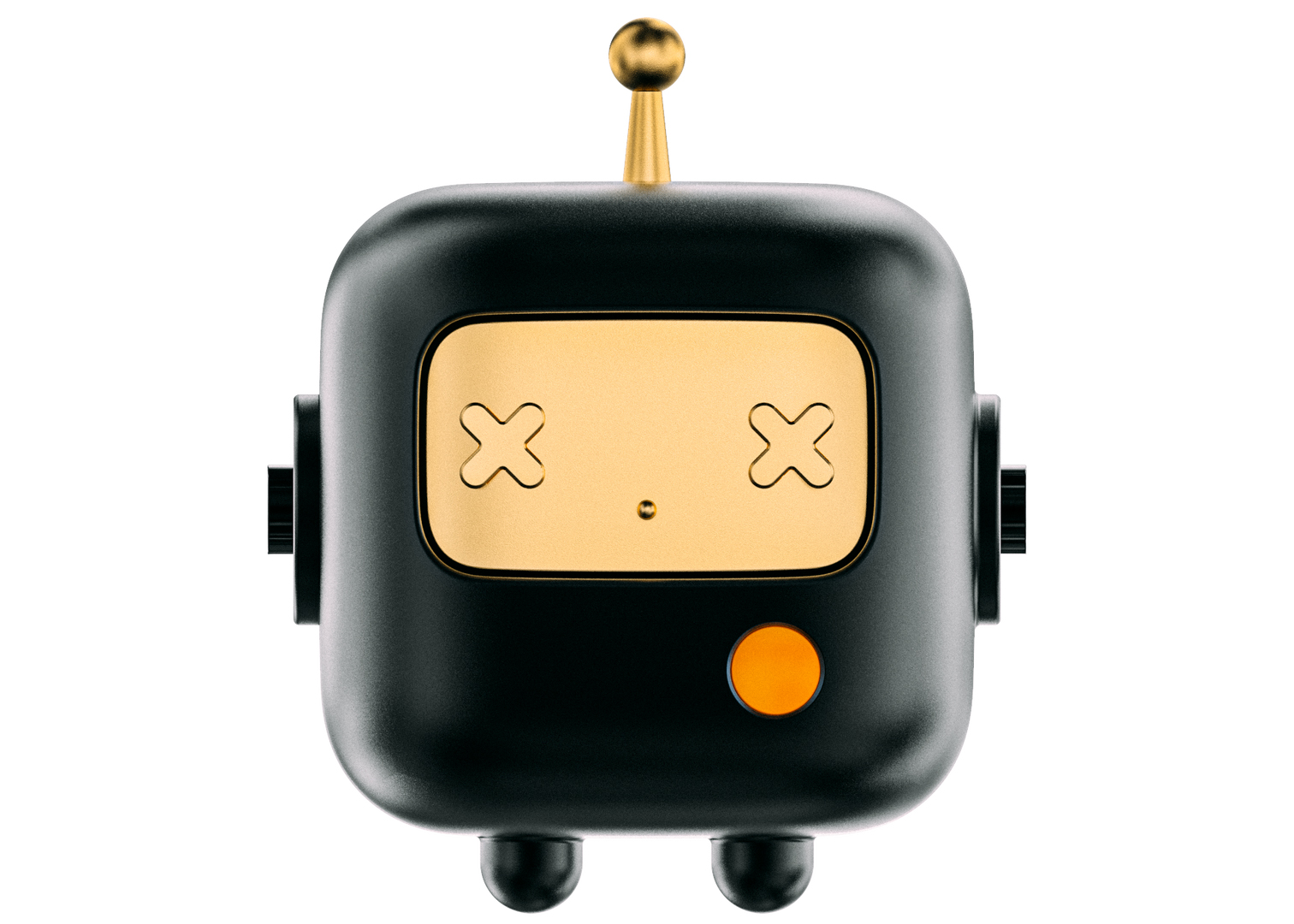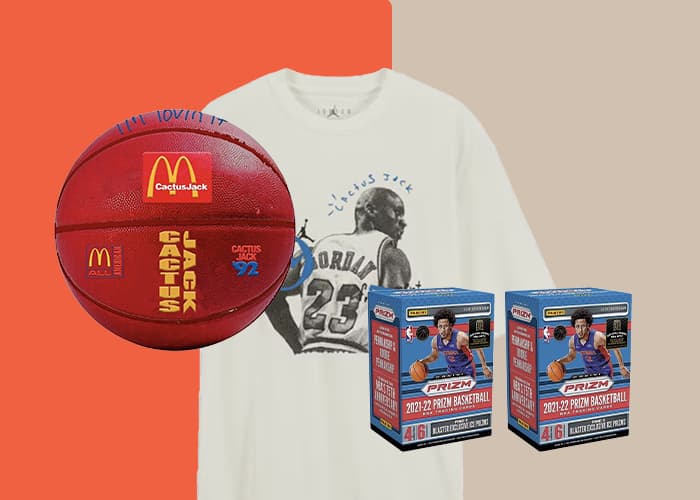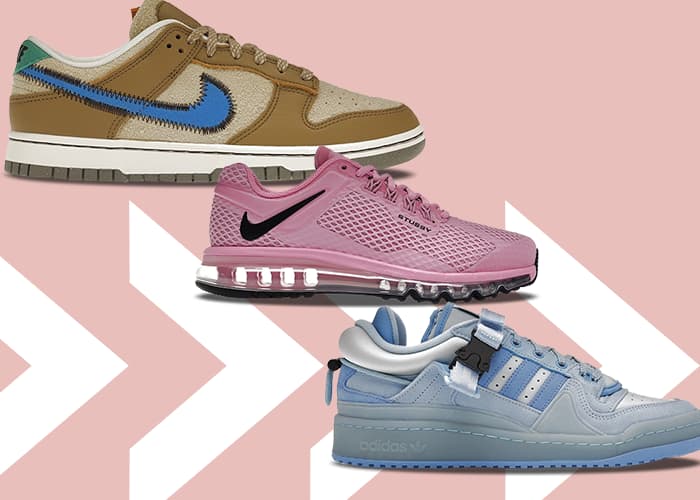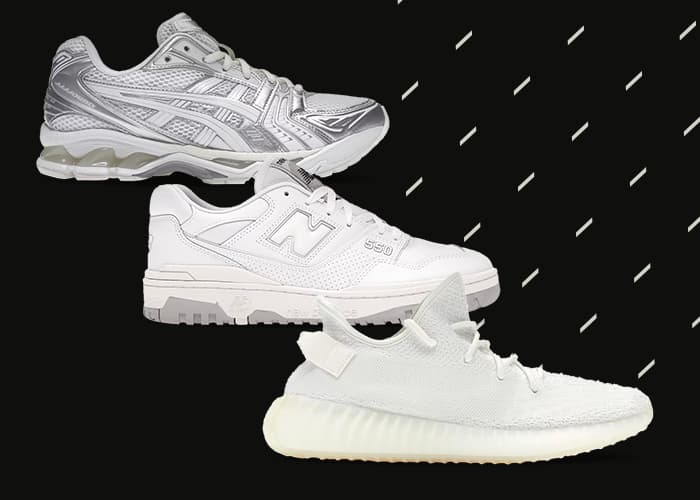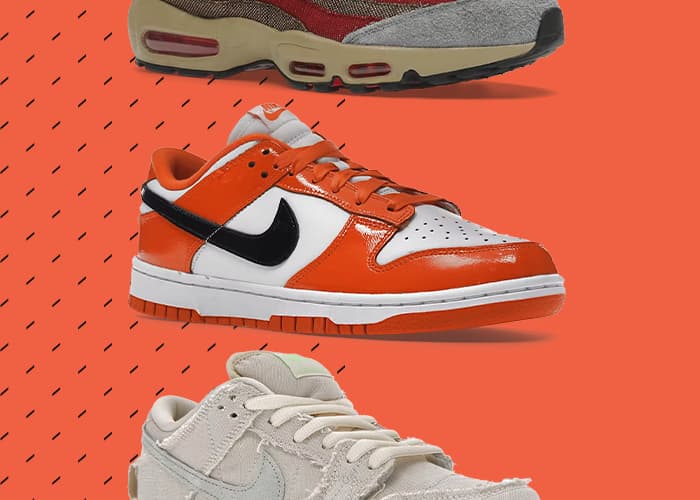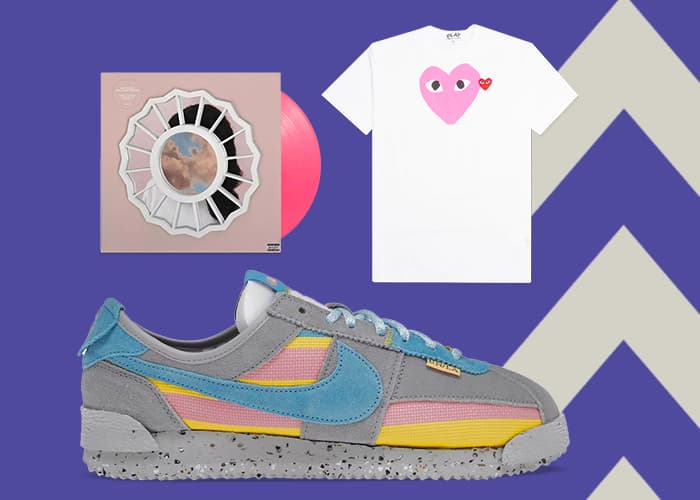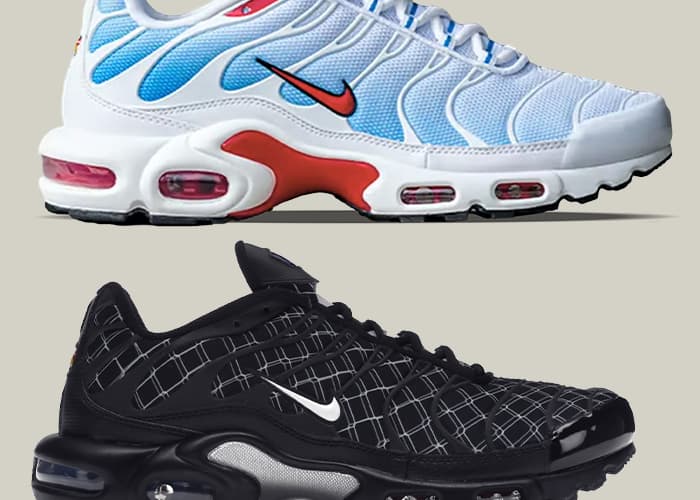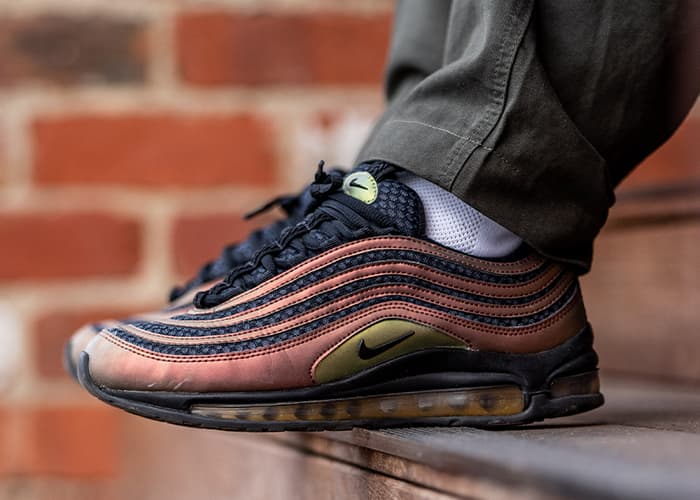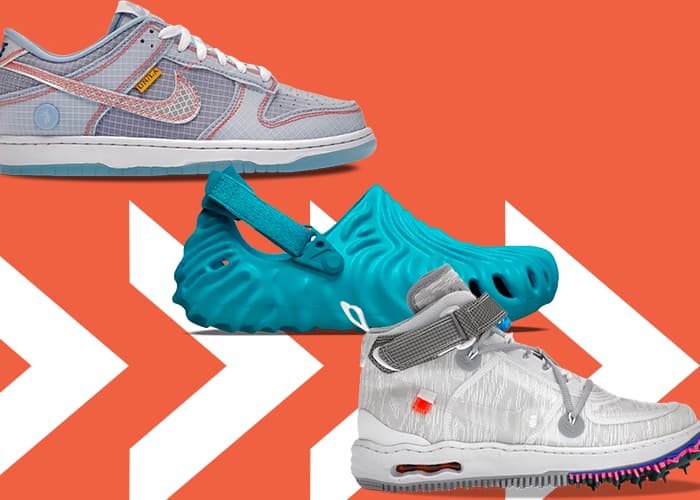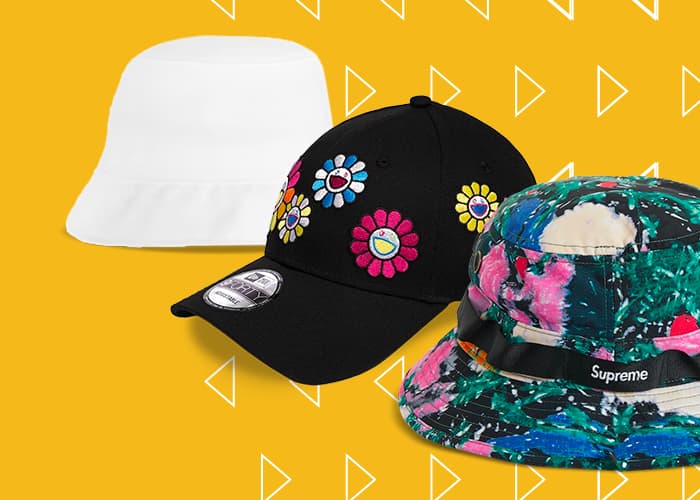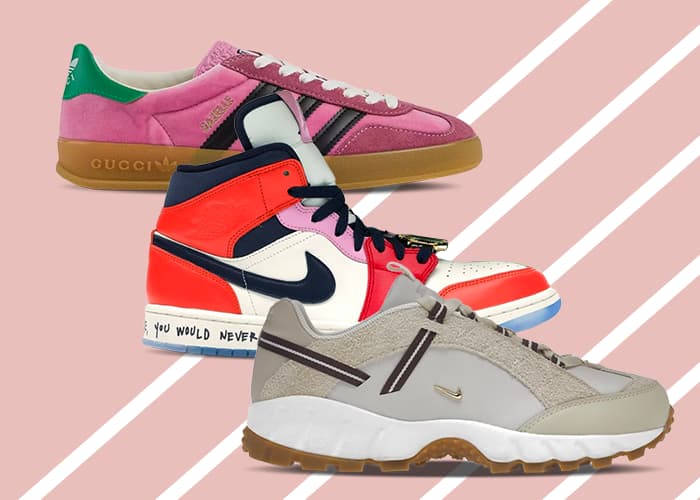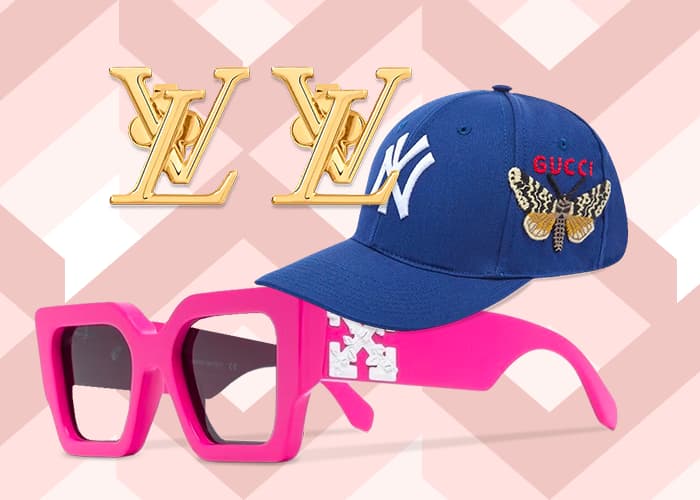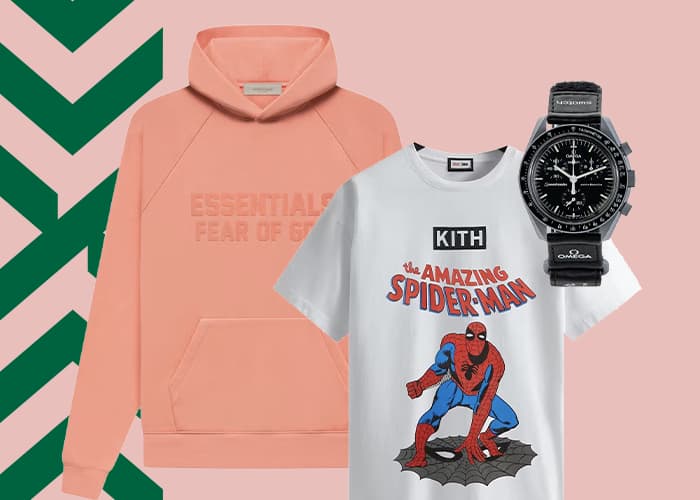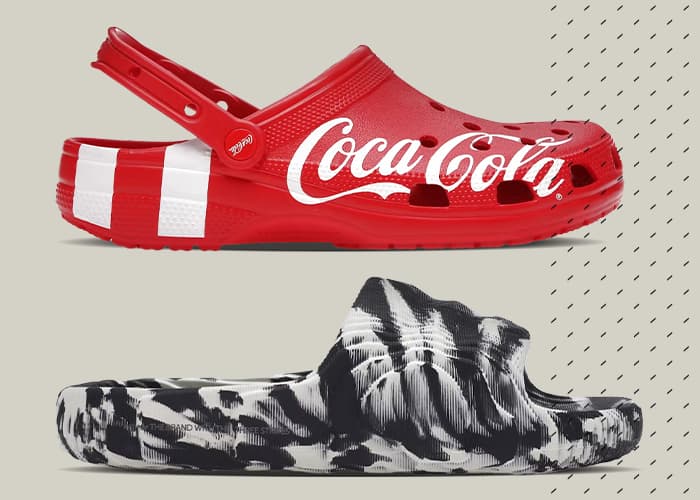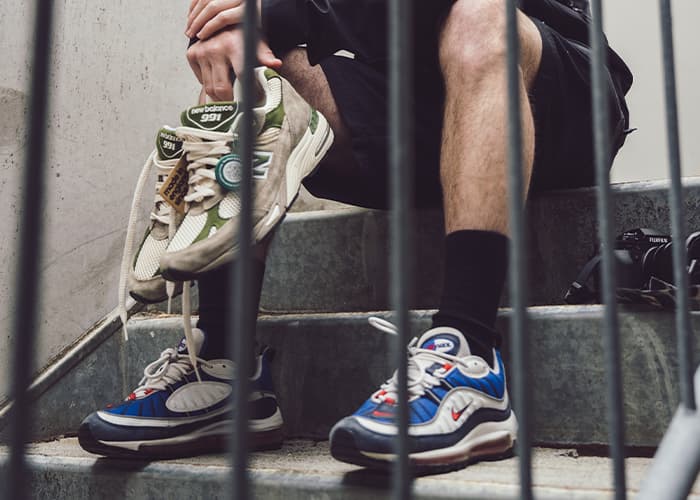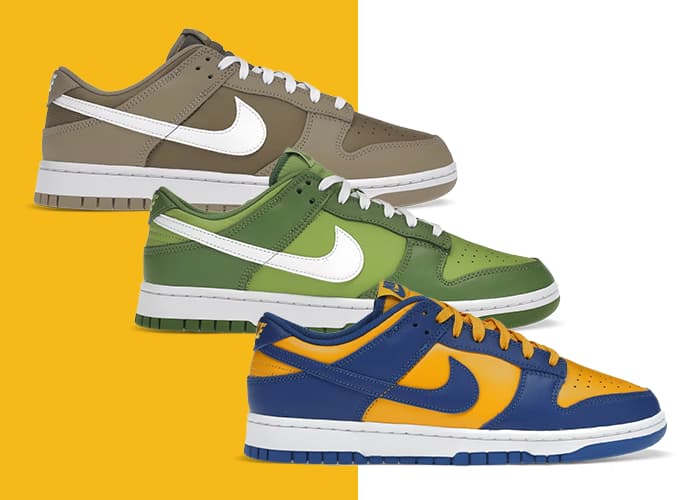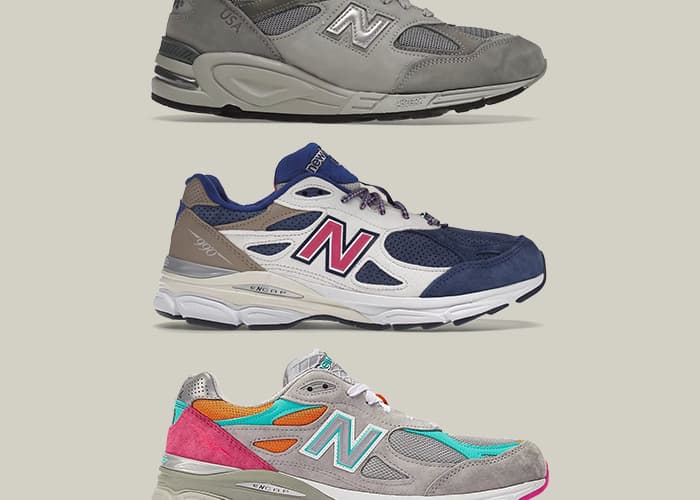If you’re punching out a lot of code, typing a lot, or just looking to level up your workspace, you’ve probably thought about a mechanical keyboard. Right? Right. For those who don’t know, a good mechanical keyboard combines the nostalgic sounds of typewriters, with a premium feel and modern flare – mechanical keyboards represent craftsmanship in a time of cheap, disposable accessories. And with more and more people working from home, having quality items that enhance your working experience has become a must for many.
The problem? A lot of mechanical keyboards, especially from big manufacturers, are still generic. Enter Rama Works, a company founded in Melbourne in 2015, that produces high end, fully customisable mechanical keyboards for people who want a keyboard that will go the distance – and make their space pop just the way they like.
From the weight of the keyboard, to the sound and feel of the keys, to the colour palette used, Rama Works keyboards are made to be unique. We caught up with the founder of the brand, Rama, to learn more about the brand, as well as his own inspiration.
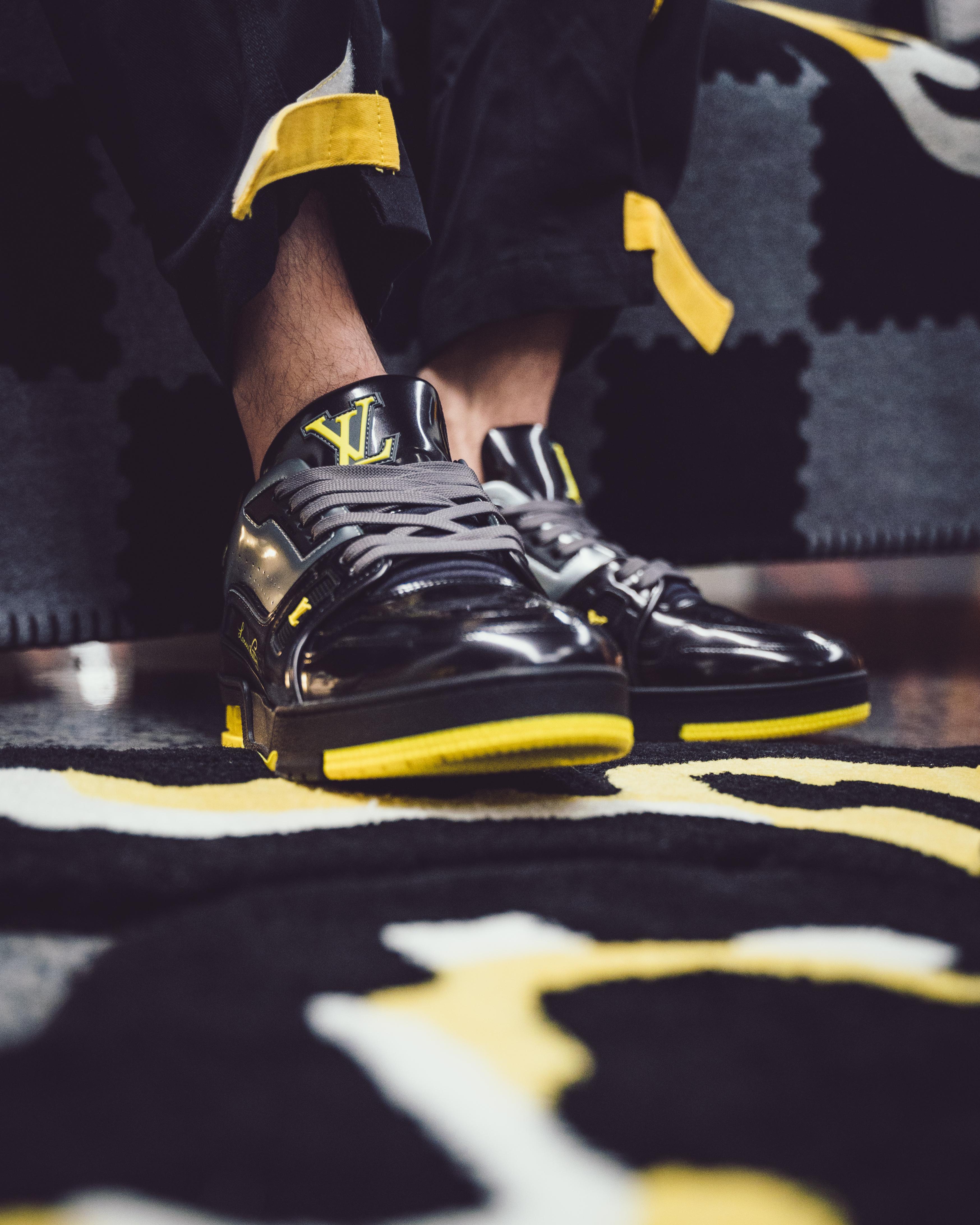
Q: What prompted your interest in mechanical keyboards?
“From an early age I was always into computers. I remember having an old PC with a floppy drive beside my bed that I’d stay up all night playing around with – taking it apart and putting it back together. At the time, my older brother was constantly upgrading his PC so it’s a culture that I grew up around. I never paid a lot of attention to keyboards specifically, but just bought whatever I thought was nice.
Then one day, I bought myself a DAS mechanical keyboard which lured me into the mechanical keyboard hobby. My second purchase was a Happy Hacking Keyboard and I recall being in awe of how compact yet usable the product was. From there on, everything sort of took off, I was hooked.”
Q: What sets Rama Works products apart, do you think? Why have you been able to build such a following? (the brand has ~80k Instagram followers who lust over each release in the comments)
“RAMA WORKS was a pioneer in applying heavy industrial design within the niche mechanical keyboard sector. I think it is important to put thoughts into every last detail (from packaging to custom components) in order to provide the best end user experience.
Being a small and agile business has allowed us to really push design boundaries and develop our distinctive brand identity. And by partaking in the mechanical keyboard community from an early stage, I was able to get direct feedback from the customers continuously.
A combination of these factors is what set RAMA WORKS products apart from the rest and the quality was really noticed and appreciated by the end consumers who helped spread the word and built the cult following we have today.”
Q: I know you’re quite hands on with the brand and the development of the community – you mentioned that you used to handle all the support tickets personally and all the customer service – is that feedback from customers important to creating better products?
“I think it’s important to some degree to listen to customers, but being such an intricate market, you really can’t please everyone. My ethos is to always design a product for myself and hope that others would like it!”
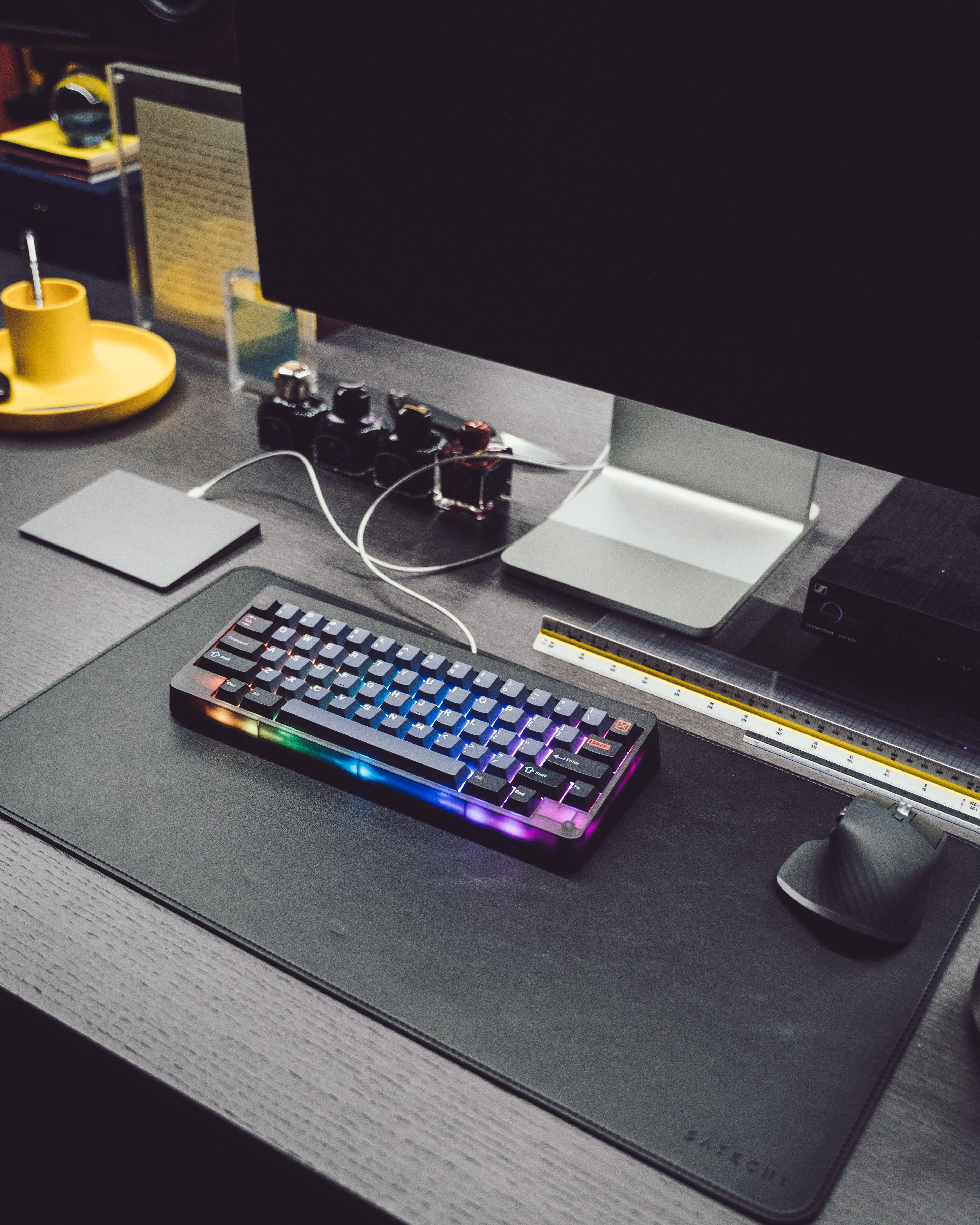
Rama's personal keyboard
Q: You’ve got an industrial design background and that comes through so clearly in everything you do with the brand. Do you have a philosophy to design, or a set of principles you follow whether you’re making keyboards or chess boards or anything else?
“During my degree at university, one of my lecturers told us ‘Industrial Designers are the biggest murderers in the world’ or something to that effect. By murderers, he meant that the things we design and create eventually become waste and a massive problem to the environment. This statement really stuck with me and became the driving force for me to create timeless pieces – things that people can collect, keep and never discard.
Therefore I concentrated on materials, manufacturing processes and the end-use of a product. Most of our products are machined from blocks of metal, making them sturdy and durable to the test of time. And if not from metal, then an item that someone would want to hold on to.”
Q: If you could design anything – a car, a house, a sculpture, anything – what would it be?
“I have always wanted to do a car interior! Car interior designs are really going backwards, everything being turned to touch buttons or just one massive screen. I love the old-school, analog, physical buttons/knobs that feel great when you interact with it. That visceral feeling that makes you feel like you’re doing something and get instant feedback from doing it. If I did a car interior, it would really make turning on the AC or opening a window that much more satisfying. But at the end of the day, I really want to design everything I can – I could look at anything on my desk right now and want to design and make my version of it.”


